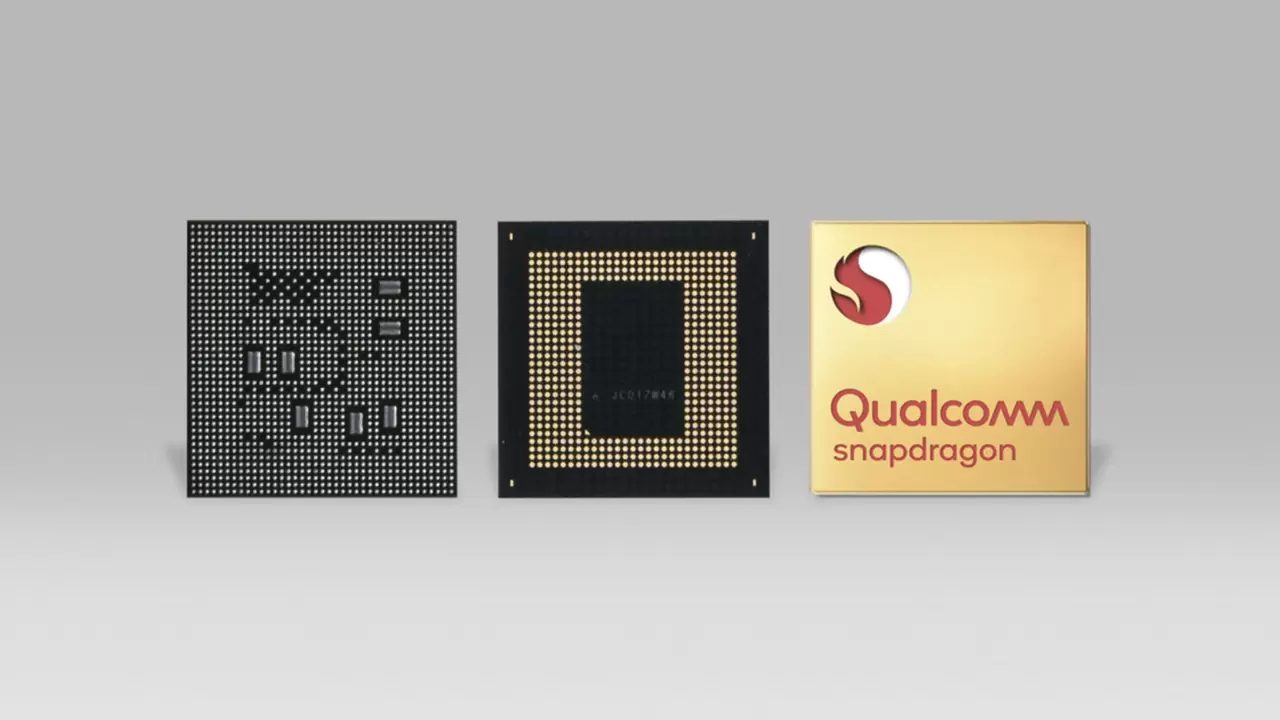As SemiAnalysis points out: “At least as early as October 2022, ARM told one or more long-time Qualcomm customers that they would pay royalties based on the original equipment manufacturer’s product sales (OEM) if they did not accept a new direct license from ARM. They won’t be able to get ARM-compatible chips from 2025.”
In addition to moving to a direct licensing model between device manufacturers and OEMs, which excludes Qualcomm and other semiconductor companies by eliminating the processor licensing, Arm allegedly offers OEMs “other technologies (particularly GPUs) and NPU ARM”. He allegedly said it would require a license to acquire it. only from ARM”.
SemiAnalysis interpreted it this way: “Arm effectively binds its other intellectual property (IP) to the CPU IP”, which could interfere with its work, for example, on AMD GPUs for Samsung’s Exynos or Qualcomm’s Adreno. In the case of Google, this could be a change of Arm to prevent inclusion in future Tensor Processing Units (TPU) chips, dedicated NPUs responsible for running and accelerating machine learning functions, 9to5google reports.
In that case, Google could theoretically revert to Pixel Visual/Neural Core with a separate coprocessor for camera and other machine learning tasks. However, this approach will not be integrated, and the company has deliberately abandoned it in favor of Tensor.
Qualcomm claims that Arm won’t be able to change the current license for a few more years and “has no right to claim additional royalties from Qualcomm customers.”
Source: Ferra










